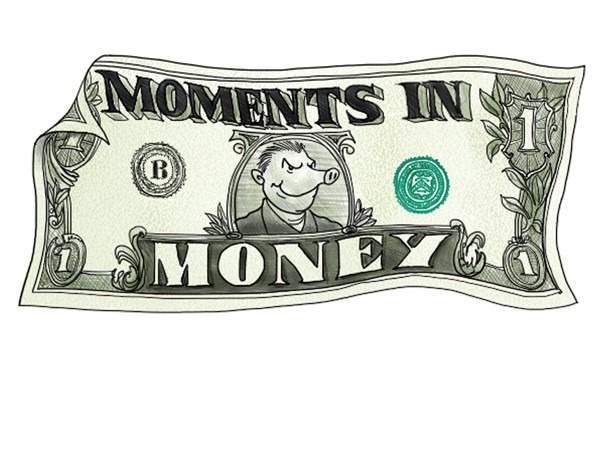
In our new series, Spear’s highlights key moments in the history of finance. This time, Arun Kakar heads back in time to the world’s first stock market
Amsterdam, 1602. The Dutch East India Company is founded, tying together a coalition of rival trading companies under the direction of the government. The brainchild of Johan van Oldenbarnevelt, its aim is to monopolise the spice trade and undermine the Portuguese empire. The company needs to raise capital, but there’s an issue. While it is common for merchants to form limited liability companies to fund their voyages, the risks of doing so far surpass the benefits – it’s not easy to sail halfway around the world in the 17th century.
A solution is devised: purchase shares in the East India Company and earn a percentage in its profits. Risk is mitigated. As long as more journeys succeed than fail, investors will be in the black. In the courtyard of what will soon become the Amsterdam Stock Exchange, the first initial public offering takes place and the first modern securities market is born.
It proves a nifty idea. ‘The Company’ pays an average dividend of 16 per cent between 1602 and 1650. Trading in derivatives follows and investors get more inventive still with options, repos, and even short-selling. In the first recorded conspiracy to drive down share prices, investor Isaac Le Maire sets in motion financial futures trading in 1609, when he attempts to profit from a bear market in East India shares by short-selling them. The practice is banned by the Dutch authorities in 1610.
Stocks are traded in coffee shops and backrooms, but it takes 122 years after the float for the Paris Bourse to become the second exchange in 1724. Markets reach their nadir in a four-day period in October 1929, when the Dow Jones Industrial Average loses $30 billion of its market value. It’s more than the total cost of the First World War.
There are now 60 stock markets in the world, 16 of which have a market cap of $1 trillion or more. The pack is led by New York with a market cap of $28 trillion; London sits in seventh place, at just under $4 trillion. Global stocks gained $17 trillion in 2019, bringing the total to around $90 trillion. A few more FAANGS and we’ll pass 100 in no time.
Read more…
Moments in Money: The first bank
‘Don’t panic’ – wealth managers react to Covid-19
Eighteen48: The ‘home team’ for sophisticated investors






